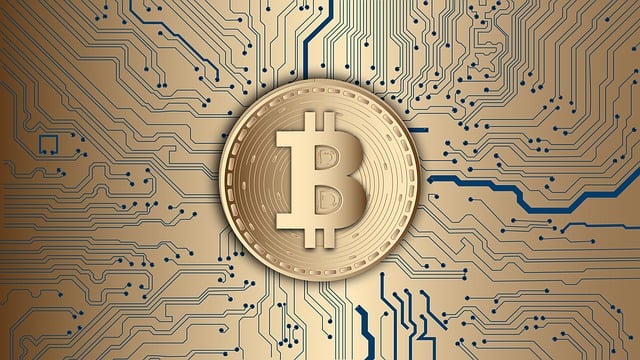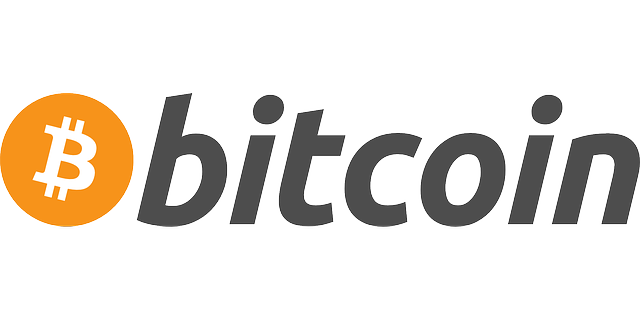Bitcoin, as a decentralized digital currency, offers more than financial services, driving social change by providing financial inclusion to underserved communities worldwide. Its blockchain technology ensures secure and transparent transactions, empowering individuals with limited access to traditional banking. Bitcoin facilitates fast, borderless, and inexpensive peer-to-peer transactions, promoting autonomy, self-sufficiency, and reducing economic disparities. Through donation systems and microtransactions, it enables non-profits to directly benefit the needy and fosters local economic growth, ultimately breaking down economic barriers and promoting equality.
“Discover how Bitcoin, beyond being a digital currency, holds immense potential as a catalyst for social change. This article explores its role in empowering underserved communities worldwide. We delve into the mechanisms by which Bitcoin can drive economic inclusion, offering an innovative approach to community development. From real-world applications to tackling challenges, this comprehensive guide highlights successful initiatives and provides insights for maximizing Bitcoin’s impact in fostering positive social transformations.”
- Understanding Bitcoin and its Potential for Social Impact
- How Bitcoin Can Empower Underserved Communities
- Real-World Applications of Bitcoin in Social Change Initiatives
- Overcoming Challenges and Adopting Bitcoin for Community Development
Understanding Bitcoin and its Potential for Social Impact

Bitcoin, often hailed as a revolutionary digital currency, has garnered attention not just for its financial capabilities but also for its potential to drive social change. At its core, Bitcoin is a decentralized digital asset that operates on blockchain technology, ensuring transparent and secure transactions without the need for intermediaries. This innovative nature makes it an attractive tool for empowering underserved communities worldwide.
The power of bitcoin lies in its ability to provide financial inclusion, allowing individuals with limited access to traditional banking services to participate in the global economy. It offers a borderless, fast, and relatively inexpensive way to send and receive money, which can be transformative for communities struggling with economic disparities. By enabling peer-to-peer transactions, bitcoin empowers people to take control of their financial destinies, fostering a sense of autonomy and self-sufficiency.
How Bitcoin Can Empower Underserved Communities

Bitcoin has the potential to revolutionize access to financial services for underserved communities worldwide. As a decentralized digital currency, it offers an innovative solution to traditional banking limitations, providing individuals with limited or no access to formal banking systems with a secure and transparent way to store, send, and receive value. This is particularly beneficial in regions where infrastructure is lacking or monetary policies are unstable.
The power of Bitcoin lies in its global reach and accessibility. It enables peer-to-peer transactions without intermediaries, reducing costs and barriers to financial inclusion. In communities with limited economic opportunities, Bitcoin can empower individuals to participate in the global economy, send and receive funds easily, and potentially access new revenue streams through crypto investments or microtransactions. This financial autonomy can foster self-sufficiency and contribute to social change by breaking down economic barriers and promoting equality.
Real-World Applications of Bitcoin in Social Change Initiatives

Bitcoin has evolved beyond its role as a digital currency, becoming a powerful tool for social change and empowerment. In underserved communities worldwide, various initiatives are leveraging Bitcoin’s unique properties to create sustainable impact. For instance, non-profit organizations use Bitcoin to facilitate secure and transparent donation systems, ensuring funds reach those in need directly and efficiently. This technology empowers marginalized groups by providing access to financial services that traditionally exclude them from the formal banking system.
Moreover, microtransactions enabled by Bitcoin allow for the distribution of small grants and subsidies within communities. Such applications foster local economic growth and encourage community-driven projects. By enabling peer-to-peer transactions without intermediaries, Bitcoin promotes financial inclusion, giving individuals control over their assets and fostering a sense of empowerment and self-reliance.
Overcoming Challenges and Adopting Bitcoin for Community Development

Overcoming Challenges is a pivotal step in adopting Bitcoin for community development. Underserved communities often face barriers to accessing traditional financial services, such as high fees, lack of banking infrastructure, and limited access to credit. Bitcoin offers a decentralized solution, eliminating many of these issues. It provides an accessible digital currency that can be easily sent, received, and stored without the need for intermediaries like banks.
This innovative technology has the potential to empower communities by fostering financial independence. With Bitcoin, individuals can participate in global transactions, send remittances at lower costs, and access new economic opportunities. By embracing crypto, underserved communities can take control of their economic future, ensuring that resources are distributed more equitably and transparently.
Bitcoin, with its decentralized nature, offers a transformative tool for social change. By empowering underserved communities, it fosters financial inclusion and provides a means to navigate global economic disparities. The real-world applications highlighted in this article demonstrate Bitcoin’s potential to revolutionize community development. While challenges exist, adopting crypto technologies like Bitcoin can open doors to a more equitable future, enabling folks to take control of their economic destinies.
